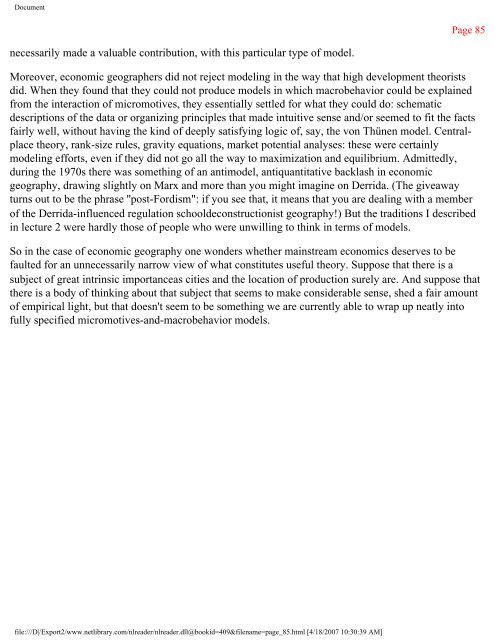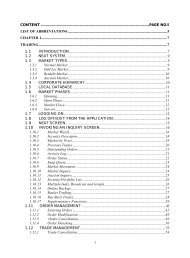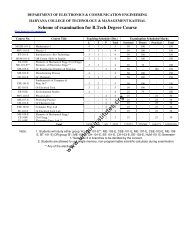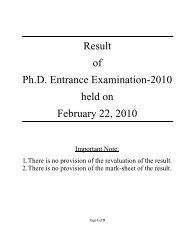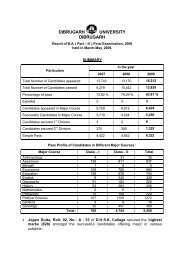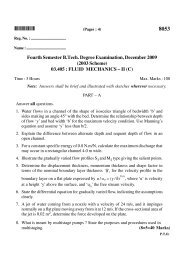Document file:///D|/Export1/www.netlibrary.com/nlreader/nlreader.dll ...
Document file:///D|/Export1/www.netlibrary.com/nlreader/nlreader.dll ...
Document file:///D|/Export1/www.netlibrary.com/nlreader/nlreader.dll ...
Create successful ePaper yourself
Turn your PDF publications into a flip-book with our unique Google optimized e-Paper software.
<strong>Document</strong><br />
necessarily made a valuable contribution, with this particular type of model.<br />
Page 85<br />
Moreover, economic geographers did not reject modeling in the way that high development theorists<br />
did. When they found that they could not produce models in which macrobehavior could be explained<br />
from the interaction of micromotives, they essentially settled for what they could do: schematic<br />
descriptions of the data or organizing principles that made intuitive sense and/or seemed to fit the facts<br />
fairly well, without having the kind of deeply satisfying logic of, say, the von Thünen model. Centralplace<br />
theory, rank-size rules, gravity equations, market potential analyses: these were certainly<br />
modeling efforts, even if they did not go all the way to maximization and equilibrium. Admittedly,<br />
during the 1970s there was something of an antimodel, antiquantitative backlash in economic<br />
geography, drawing slightly on Marx and more than you might imagine on Derrida. (The giveaway<br />
turns out to be the phrase ''post-Fordism": if you see that, it means that you are dealing with a member<br />
of the Derrida-influenced regulation school deconstructionist geography!) But the traditions I described<br />
in lecture 2 were hardly those of people who were unwilling to think in terms of models.<br />
So in the case of economic geography one wonders whether mainstream economics deserves to be<br />
faulted for an unnecessarily narrow view of what constitutes useful theory. Suppose that there is a<br />
subject of great intrinsic importance as cities and the location of production surely are. And suppose that<br />
there is a body of thinking about that subject that seems to make considerable sense, shed a fair amount<br />
of empirical light, but that doesn't seem to be something we are currently able to wrap up neatly into<br />
fully specified micromotives-and-macrobehavior models.<br />
<strong>file</strong>:///<strong>D|</strong>/Export2/<strong>www</strong>.<strong>netlibrary</strong>.<strong>com</strong>/<strong>nlreader</strong>/<strong>nlreader</strong>.<strong>dll</strong>@bookid=409&<strong>file</strong>name=page_85.html [4/18/2007 10:30:39 AM]


